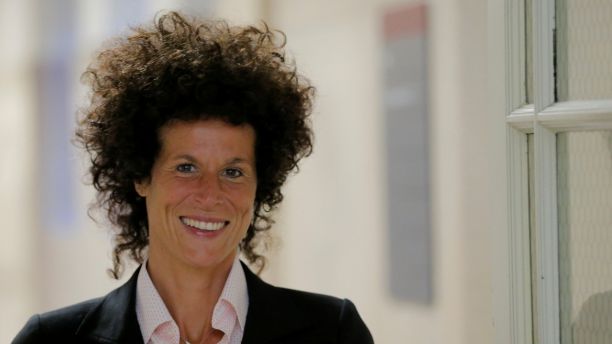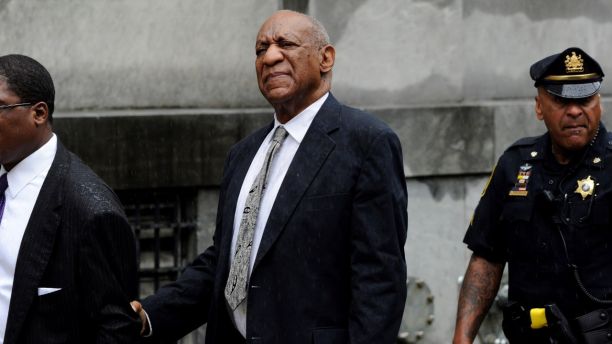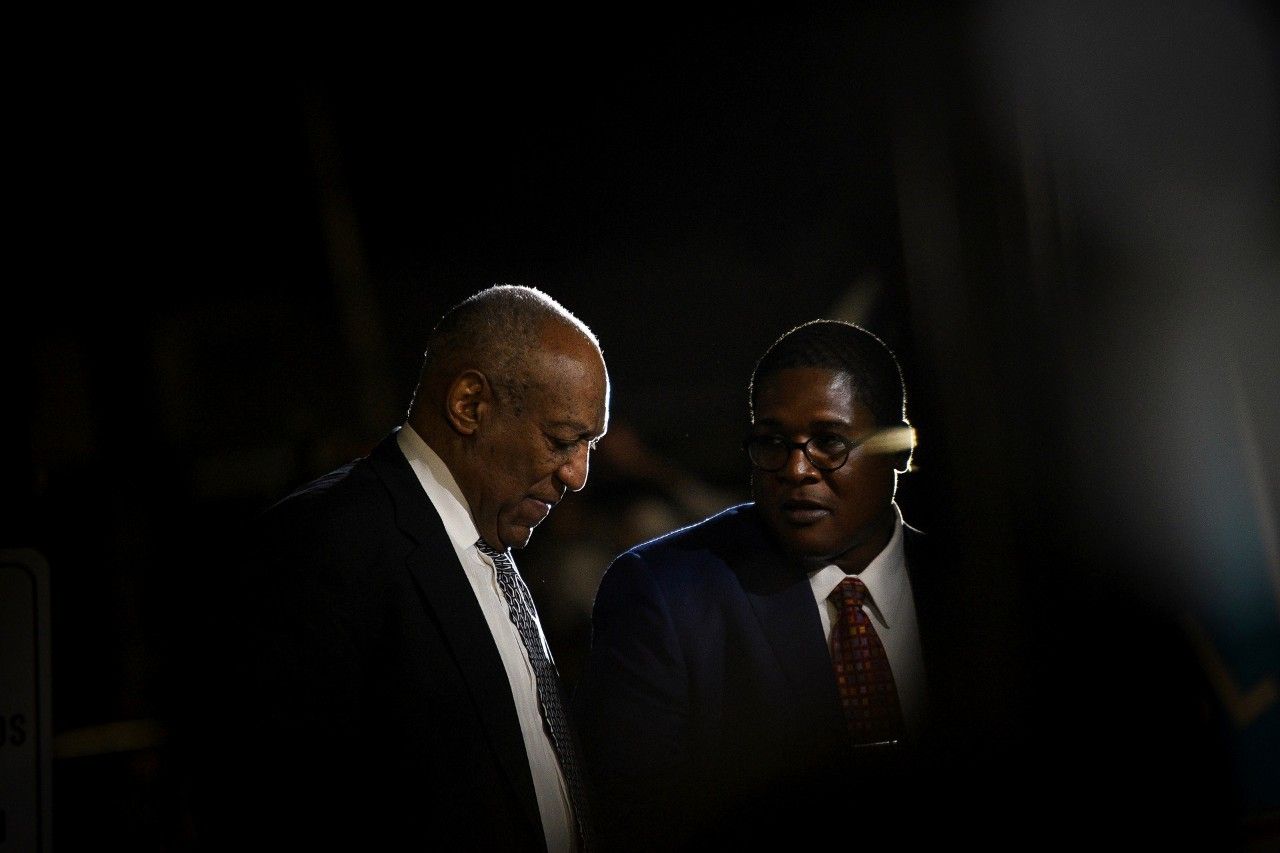[ad_1]
Bill Cosby retrial: What’s happened so far
Comedian Bill Cosby is back in court preparing for his sexual assault retrial. Before the retrial, which is set to begin on April 2nd, here’s a quick refresher on what has happened so far.
Embattled comedian Billy Cosby is back in court as his sexual assault retrial is scheduled to begin later this month.
Cosby, now 80, is accused of drugging and sexually assaulting a woman in his Pennsylvania home in 2004. A judge declared a mistrial in June after jurors failed to reach a verdict when Cosby first went to court for the charges.
As Cosby prepares to go back to trial on April 9, here’s a look at the case, what will be different about the retrial and how the nation’s #MeToo movement could impact it.
The allegations

Andrea Constand has accused Bill Cosby of drugging and sexually assaulting her in 2004.
(Reuters/Lucas Jackson)
Cosby is accused of giving Andrea Constand, a former Temple University employee, pills that left her incapacitated before he allegedly performed sexual acts on her without her consent.
Constand and Cosby met while she was the director for the women’s basketball team at Temple, Cosby’s Philadelphia alma mater. The pair “developed what [Constand] believed to be a sincere friendship,” and Constand eventually looked to the older comedian as a mentor, according to court documents.
Constand alleged that Cosby made sexual advances toward her multiple times, and she turned him down. But on one specific visit to his home in 2004, Cosby gave her “three blue pills” that blurred her vision and made her feel as though she was “in and out” [of consciousness], according to court documents.
Cosby then engaged in sexual acts with Constand, while she couldn’t move or speak, that she did not consent to, she said.
While more than 60 women have come forward over the years to accuse the man once affectionately known as “America’s Dad” of sexual misconduct, Constand’s allegations are the only ones that brought a criminal case against Cosby. Many of the other women’s accusations fall outside of the statute of limitations.
Countering defense

Bill Cosby’s sexual assault retrial is slated to take place in April.
(Reuters/Charles Mostoller)
Cosby has maintained that any interaction between the pair was consensual.
Constand sued Cosby in 2005, and the pair settled for an undisclosed amount the next year. In the deposition for that case, Cosby admitted to buying Quaaludes and giving women drugs and alcohol before sex – but he said every interaction was consensual, including with Constand.
In the retrial, a judge said Cosby’s defense can disclose how much Constand was paid in the civil settlement.
During the first trial, Cosby’s defense sought to discredit Constand – pointing to inconsistencies in her story. The defense also noted that Cosby and Constand had spoken over the phone dozens of times since the alleged incident, with Constand initiating the majority of those calls.
The defense is allowed to call a witness in the retrial who says Cosby’s accuser talked about framing a celebrity before she lodged sexual abuse allegations against him.
Cosby has a new legal team for the upcoming trial, led by former Michael Jackson attorney Tom Mesereau.
A week before the retrial, Cosby’s defense made a last-ditch effort to push the case back by asking the judge to recuse himself because his wife is a social worker who advocates for victims of sexual assault. Judge Steven O’Neill, who presided over the first trial, pushed back against accusations that he’s influenced by his wife’s work and denied the request.
#MeToo effect
While a jury didn’t convict Cosby at the first trial, there is speculation that the national #MeToo movement against sexual harassment, assault and misconduct could play a role with jurors this go-around.
“This is about whether you believe the victim or not, and the events of the last year certainly make the case harder for Cosby,” Philadelphia criminal lawyer Alan J. Tauber, who isn’t involved in the case, told The Associated Press. “Ordinary people are seeing people they respect and trust undermined by terrible accusations.”
For the upcoming trial, prosecutors had hoped to call as many as 19 other accusers to show a pattern of “prior bad acts” over five decades; in the first trial, only one woman was allowed to do so.
“This is about whether you believe the victim or not, and the events of the last year certainly make the case harder for Cosby.”
O’Neill has allowed for five women to testify in the upcoming retrial, including model and reality television star Janice Dickinson. Dickinson, now 63, has alleged that Cosby drugged her, rendering her unconscious, and sexually assaulted her when she was 27.
Dickinson said she did not come forward about what allegedly happened to her at the time because she was afraid of retaliation from Cosby and damages to her career.
The other accusers who will testify are: Lise-Lotte Lublin, Chelan Lasha, Janice Baker-Kinney and Heidi Thomas.
Cosby’s lawyers fought the move to allow additional women to testify, arguing that prosecutors were looking to bolster a weak case with “ancient allegations” that would confuse and distract jurors in the #MeToo era.
First mistrial
Cosby’s original trial ended in a mistrial on June 17, 2017 after the jury deliberated for more than 52 hours over six days and still couldn’t reach a verdict.
Prosecutors immediately promised to retry Cosby, who was freed from prison on $1 million bail.
Fox News’ Lissa Kaplan and The Associated Press contributed to this report.
[ad_2]
Source link

